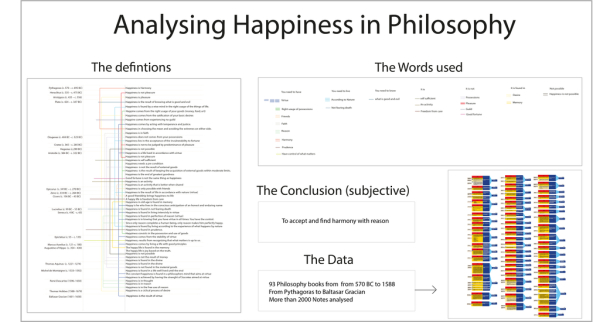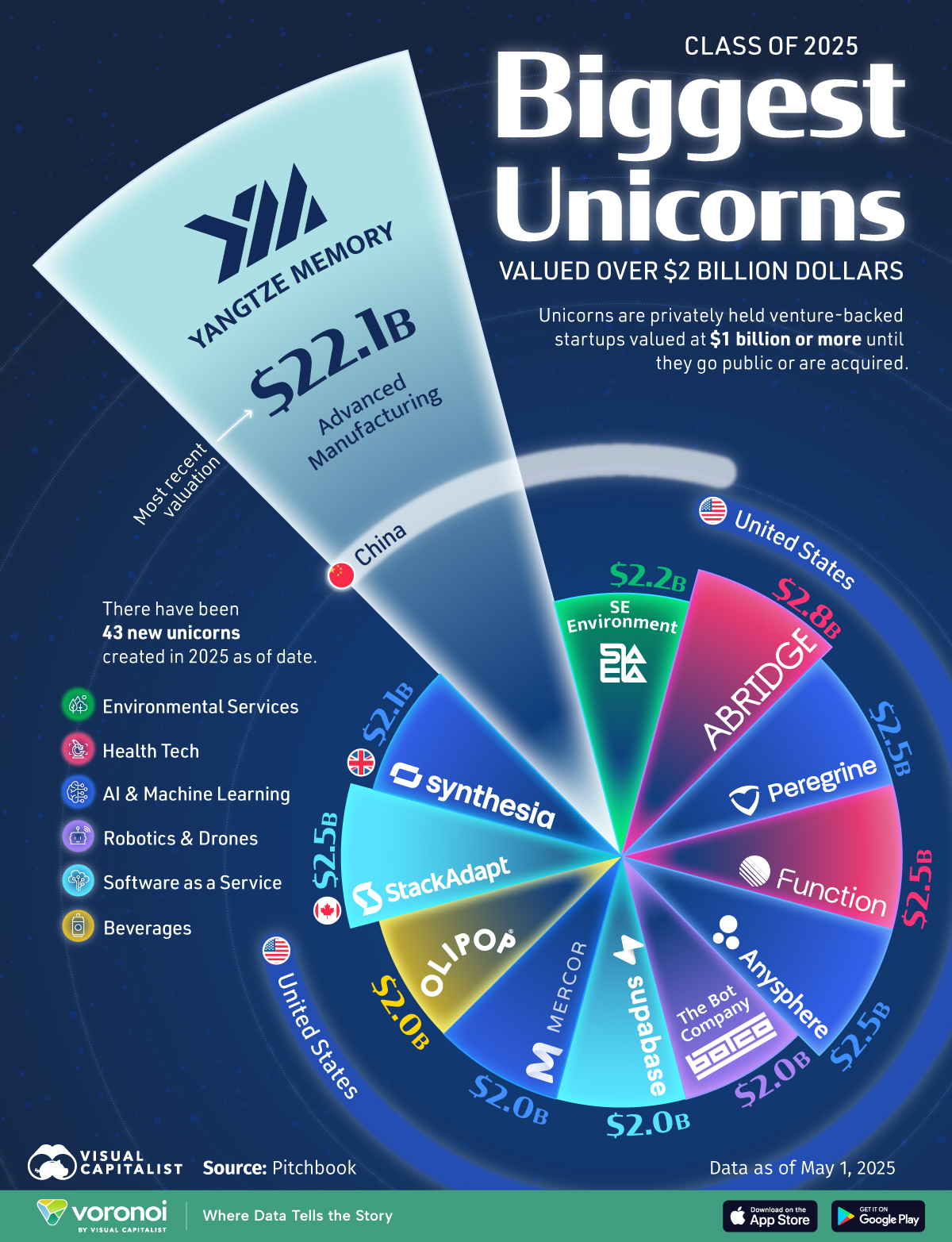I am often amazed at how little human nature has changed throughout recorded history.
Despite the exponential progress we’ve made in health, wealth, society, tools, and understanding ... we still struggle to find meaning, purpose, and happiness in our lives and our existence.
Last month, I shared an article on Global Happiness Levels in 2025. Here are a few bullets that summarize the findings:
- We underestimate others’ kindness, but it’s more common than we think.
- Community boosts happiness—eating and living with others matter.
- Despair is falling globally, except in isolated, low-trust places like the U.S.
- Hope remains—trust and happiness can rebound with connection and a sense of purpose.
Upon reflection, that post didn’t attempt to define happiness. This post will focus on how to do that.
While it seems like a simple concept, happiness is complex. We know many things that contribute to and detract from it; we know humans strive for it, but it is still surprisingly challenging to put a uniform definition on it.
A few years ago, a hobbyist philosopher analyzed 93 philosophy books, spanning from 570 BC to 1588, in an attempt to find a universal definition of Happiness. Here are those findings.

via Reddit.
It starts with a simple list of definitions from various philosophers. It does a meta-analysis to create some meaningful categories of definition. Then it presents the admittingly subjective conclusion that:
Happiness is to accept and find harmony with reason.
My son, Zach, pointed out that while “happiness” is a conscious choice, paradoxically, the “pursuit of happiness” often results in unhappiness. Why? Because happiness is a result of acceptance. However, when happiness is the goal, you often focus on what you’re lacking instead of what you already have. You start to live in the ‘Gap’ instead of the ‘Gain’.
So, it got me thinking – and that got me to play around with search and AI, a little, to broaden my data sources and perspectives. If you would like to view the raw data, here are the notes I compiled (along with the AI-generated version of what this article could have been, had it been left to AI, rather than me and Zach).
Across centuries, philosophers have wrestled with a deceptively simple question: What does it mean to live a good life?
As entrepreneurs, investors, and leaders, we often chase performance, innovation, or edge — but underneath it all, there’s a quieter inquiry: Am I living well?
Happiness aside, across 93 influential philosophical texts spanning two millennia, one word consistently reappears:
Eudaimonia. This is not happiness in the modern sense of pleasure, but a richer concept of
human flourishing — a life filled with purpose, virtue, and meaning.
-
Ancient thinkers saw happiness not as a mood, but as a life aligned with purpose and virtue.
-
Some prioritized inner character; others emphasized harmony with the divine or nature.
-
Debate endures over the role of external goods — wealth, luck, friends.
-
During the Renaissance, the conversation shifted toward subjective experience.
-
Across eras, the thread remains: Happiness is cultivated, not consumed.
Contradictions and Tensions
Thoughts on happiness contain paradoxes, contradictions, and tensions. Examining the boundaries between what you are certain of and what you are uncertain of is where insights occur. Here are a few to get you started.
-
Virtue vs. External Goods: Aristotle acknowledges external goods (wealth, friends) as necessary for complete happiness, while Stoics claim virtue alone suffices. This tension challenges the simplicity of virtue-based happiness, suggesting a nuanced balance between inner character and outer circumstances.
-
Subjective vs. Objective Happiness: Ancient philosophers often defined happiness as an objective state (living virtuously or intellectually flourishing), whereas modern definitions more often emphasize the subjective satisfaction varying by individual. This tension probes whether happiness is a universal or personal experience.
-
Happiness as Pleasure vs. Happiness as Duty/Struggle: Epicureanism equates happiness with pleasure (absence of pain), but Cynics and Stoics emphasize enduring hardship and discipline as the path to happiness, which presents a paradox between comfort and resilience.
Three Metaphors To Help You Think About Happiness
Metaphors help make abstract ideas more concrete, memorable, and easier to grasp. Here are three to consider.
The Ship Captain (Stoicism)
-
Metaphor: You can’t control the ocean (external events), but you can steer your ship (your mind).
-
Clarification: Highlights control over internal states despite external chaos.
The Team Soul (Plato’s Tripartite Soul)
-
Metaphor: The soul is a team where reason is the coach, spirit is the player, and appetite is the goalie. Happiness is achieved when the coach directs the players well.
-
Clarification: Demonstrates the importance of internal harmony and self-governance.
The Garden (Aristotle’s Life Cultivation)
-
Metaphor: Happiness is like tending a garden over time — it requires continuous effort, nurturing virtues (soil quality), and sometimes external help (sunlight, rain).
-
Clarification: This shows happiness as a process, not a momentary state.
Reach out – I’m curious to hear what you think!




When Worlds Collide: Timeless Wisdom & Evolutionary Technology in Trading with Matthew Piepenburg
Back in 2020, I had a Zoom meeting with Matthew Piepenburg of Signals Matter. Of course, being the height of the Pandemic, it was over Zoom. Even though it was a private discussion, there was so much value in our discussion that we decided to share parts of it here.
While Matt's understanding of markets is based on Macro/Value investing, we use advanced AI and quantitative methods for our approach.
As you might expect, there are a lot of differences in how we view the world, decision-making, and the current market environment. Nonetheless, we share a lot of common beliefs as well.
Our talk explores several interesting areas and concepts. I encourage you to watch it below.
Via YouTube.
To summarize a couple of the key points, markets are not the economy, and normal market dynamics have been out the window for a long time. In addition, part of why you're seeing increased volatility and noise is that there are so many interventions and artificial inputs to our market system.
While Matt and I may approach the world with very different lenses, we both believe in "timeless wisdom".
Ask yourself, What was true yesterday, today, and will stay true tomorrow?
That is part of the reason we focus on emerging technologies and constant innovation ... they remain relevant.
Something we can both agree on is that if you don't know what your edge is ... you don't have one.
Hope you enjoyed the video.
Let me know what other topics you'd like to hear more about.
Onwards!
Posted at 04:57 PM in Business, Current Affairs, Film, Ideas, Just for Fun, Market Commentary, Personal Development, Science, Trading, Trading Tools, Web/Tech | Permalink | Comments (0)
Reblog (0)